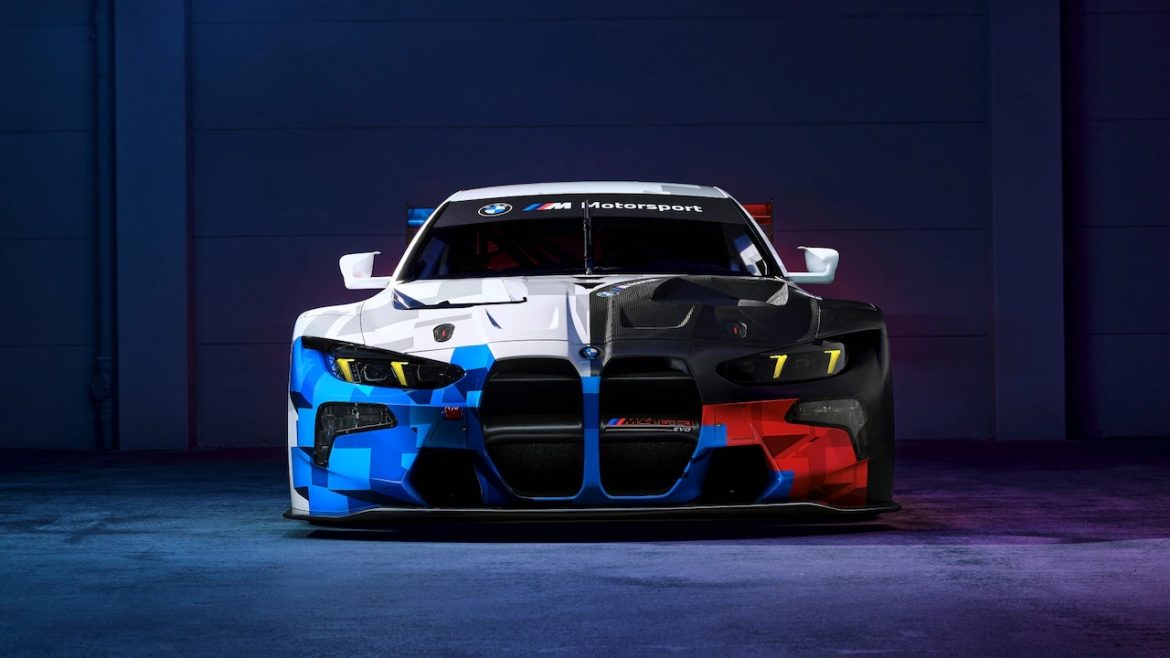Franciscus van Meel, CEO of BMW M, recently expressed the company’s reservations about hydrogen combustion engines in an interview with Sportscar365. He argues that these engines still produce emissions, contradicting the goal of clean racing. “We don’t want to create combustion engines with hydrogen,” stated van Meel, emphasising BMW’s commitment to a more environmentally friendly solution.
This stance puts BMW at odds with manufacturers like Toyota and Alpine, who have presented hydrogen combustion engine concepts for racing purposes. The governing body for hydrogen racing, the Automobile Club de l’Ouest (ACO), remains open to both technologies, with their existing prototypes – the LMP3-based H24 and the H24EVO – utilizing fuel cells.
However, BMW’s focus on fuel cells aligns perfectly with its vision for future production vehicles. The company is currently testing a fleet of iX5 Hydrogen SUVs globally, hinting at their belief in hydrogen’s potential. BMW CEO Oliver Zipse himself remarked, “After the electric car, the next trend will be hydrogen.”
While not entirely dismissing hydrogen racing, van Meel acknowledges the challenges involved. Integrating bulky fuel tanks into existing race car designs remains a hurdle. Nevertheless, BMW stays engaged in the conversation, recognizing the potential of hydrogen alongside its ongoing investment in electric racing and electric vehicles for mass production.
Looking ahead, sources suggest BMW is already developing the next generation of fuel cell hydrogen cars, potentially showcased on their forthcoming Neue Klasse architecture. This indicates that a BMW fuel cell race car might not appear until the technology matures further.
BMW’s decision to prioritise fuel cells in potential hydrogen racing endeavours underscores their commitment to clean and sustainable automotive technology. While the competition explores burning hydrogen, BMW sets its sights on a future powered by hydrogen’s potential without compromising environmental responsibility.



